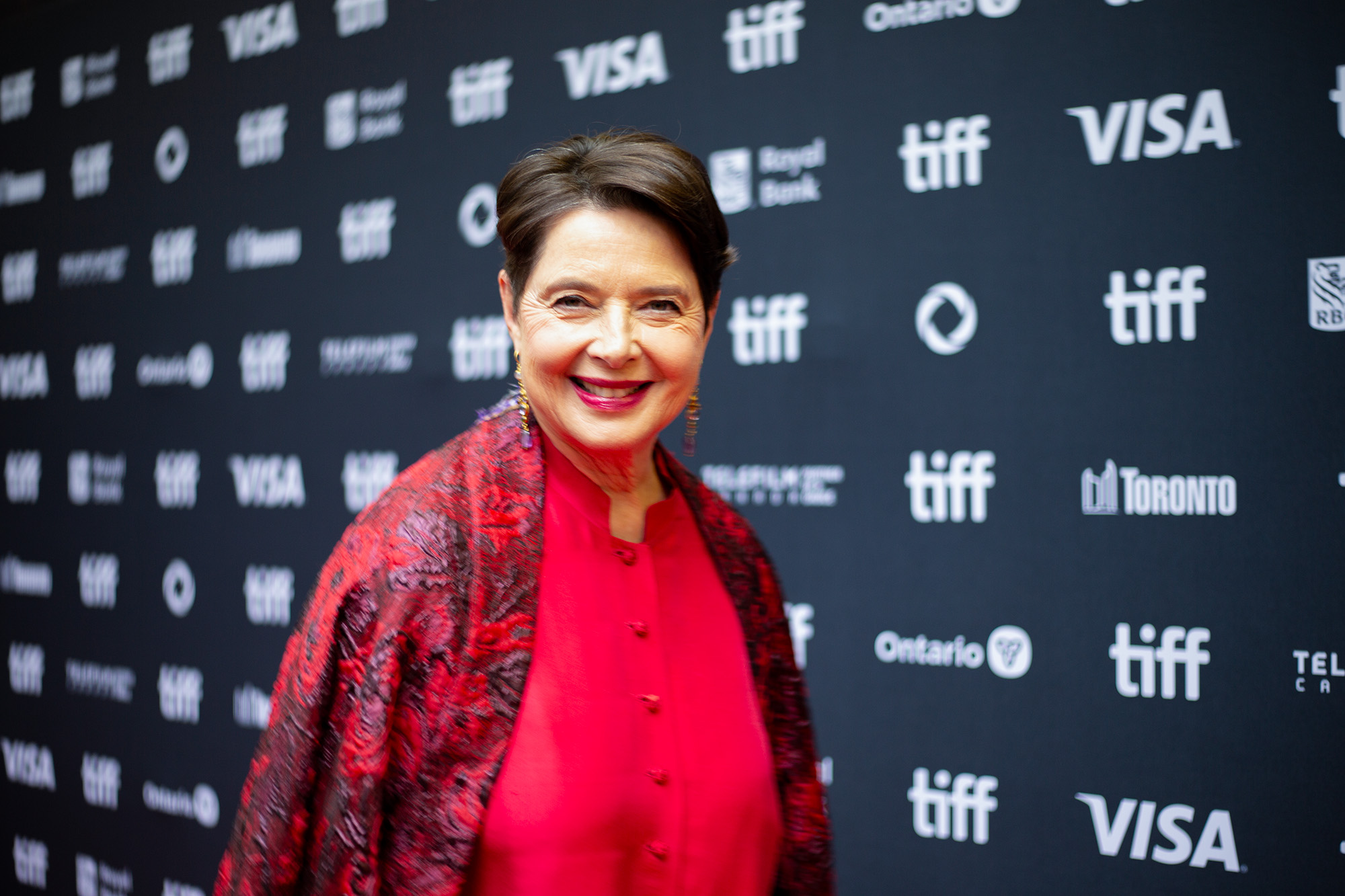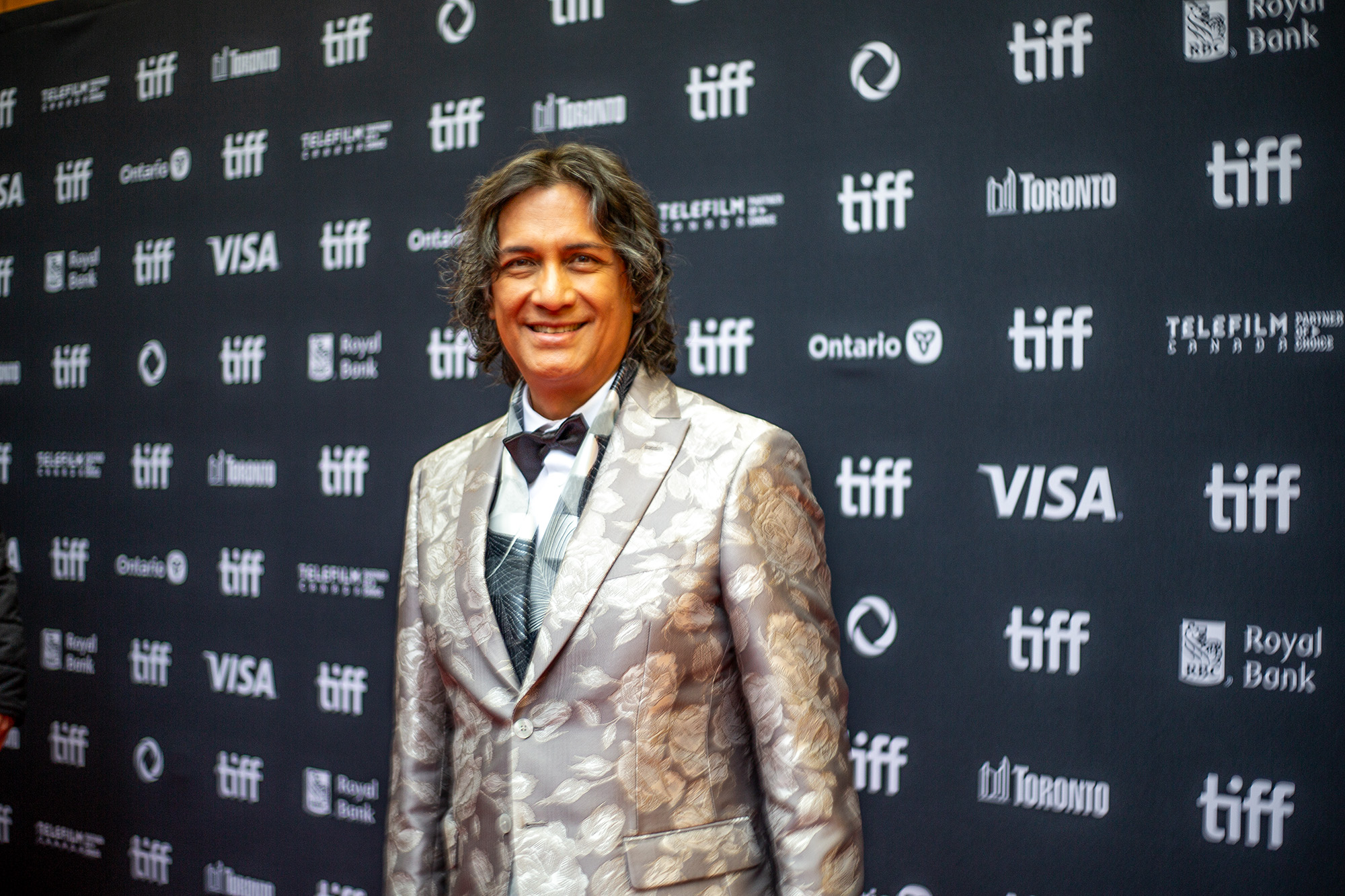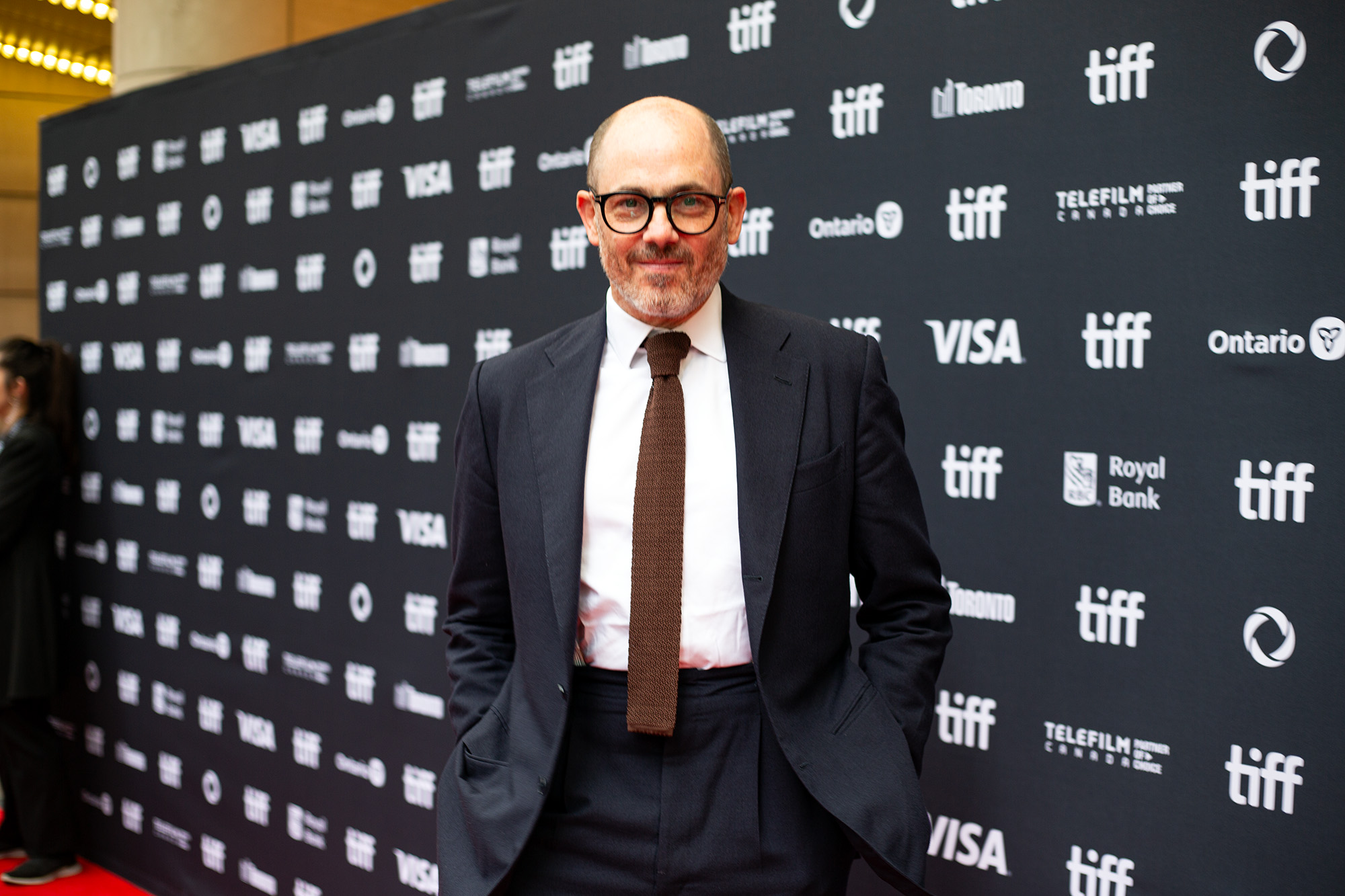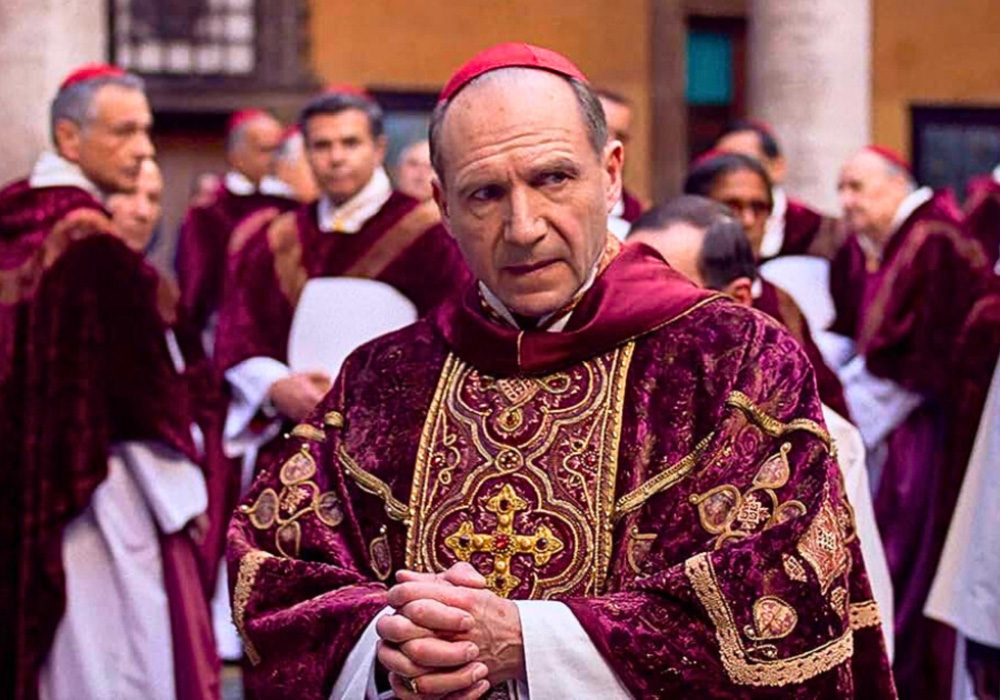Conclave emerged as a hauntingly timely film, blending cinematic brilliance with real-world relevance during a pivotal moment in Vatican history. Its journey from TIFF red carpet to Oscar glory proves the enduring power of storytelling to echo and influence global events.
It’s not every day that a film feels as if it were plucked from the headlines and projected back to us in a way that’s both eerily prophetic and profoundly human. Conclave, directed by Edward Berger and adapted from Robert Harris’s gripping novel, was one of those rare cinematic moments where fiction and reality intertwined—and I had the unforgettable privilege of witnessing it from behind my camera lens.
On September 9, 2024, I stood among the photographers lining the red carpet at the Toronto International Film Festival (TIFF), camera poised as the cast and crew of Conclave arrived for its international premiere. The energy was electric, but one presence stole the spotlight in a way only true icons can—Isabella Rossellini. Poised, timeless, and radiant in a way that defied the flashbulbs, she was everything one could hope for on a TIFF night. As I clicked away, I had no idea just how profoundly this film would resonate months later.



Fast forward to early 2025, and Conclave has not only become a cultural touchstone but a cinematic triumph, garnering eight Academy Award nominations and taking home one of the night’s most prestigious honours: Best Adapted Screenplay for Peter Straughan. The nominations spanned nearly every corner of the filmmaking craft:
- Best Picture
- Best Actor – Ralph Fiennes
- Best Supporting Actress – Isabella Rossellini
- Best Adapted Screenplay – Peter Straughan
- Best Editing – Nick Emerson
- Best Original Score – Volker Bertelmann
- Best Production Design – Suzie Davies
- Best Costume Design – Lisy Christl
TIFF once again proved itself as a bellwether for Oscar-worthy cinema, continuing its legacy of championing films that don’t just entertain, but engage with the cultural moment.
What makes Conclave’s story all the more remarkable, though, is its surreal alignment with real-world events. As the Vatican quietly transitioned leadership and the sacred process of selecting a new Pope unfolded, Conclave was quietly doing its own work within the halls of the Holy See. In a move that stunned even seasoned Vatican observers, the film was screened for real-life cardinals—and even Pope Leo XIV himself watched the film according to his brother's statement to the media—before the most recent conclave.
According to CNN, Politico, and The Guardian, the film sparked discussion among senior clerics, not as a mere work of entertainment but as an eerily insightful portrayal of papal politics and the power struggles hidden behind the Sistine Chapel’s closed doors. One report noted that the film was even “taken seriously” by its clerical audience, not as a critique, but as a thought-provoking examination of moral authority in a modern world.
How often does a film—especially one adapted from fiction—become part of the very institution it depicts? That alone cements Conclave’s legacy as more than a movie. It became, in a sense, a mirror held up to the Church at a pivotal time.
Ralph Fiennes delivered a masterclass performance as Cardinal Lomeli, the conflicted protagonist forced to navigate secrets, ambition, and divine responsibility. His portrayal was restrained but emotionally charged, and rightly earned him a Best Actor nomination. Rossellini, too, brought depth and grace to her supporting role, reminding us why she remains one of the greats.
From the haunting score by Volker Bertelmann to the sumptuous visual storytelling shaped by Suzie Davies and Lisy Christl, every element of Conclave worked in quiet harmony to elevate the story beyond intrigue into something deeply reflective. And as the world wrestled with questions of leadership, morality, and transparency, so did the film, with uncanny timing.
As someone who stood at TIFF that September evening, capturing the faces and energy of a film just beginning its journey, I feel lucky to have had a front-row view—not just of the red carpet but of a moment where art and life echoed each other in ways few could have predicted.
If the power of cinema is to reflect our world, challenge it, and occasionally foreshadow what’s to come, then Conclave delivered on all fronts.
And TIFF, as always, helped light the way.




Comments powered by CComment